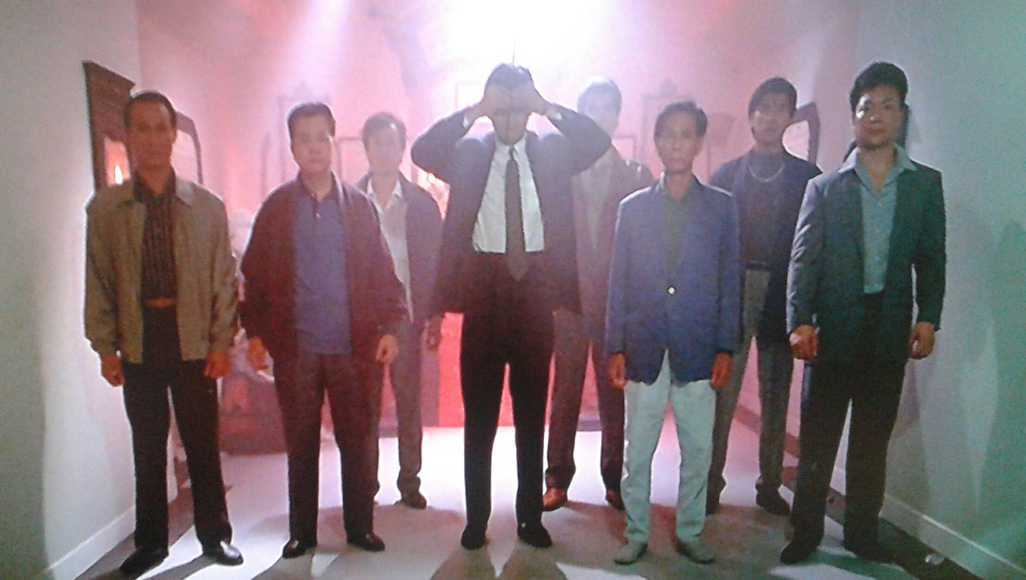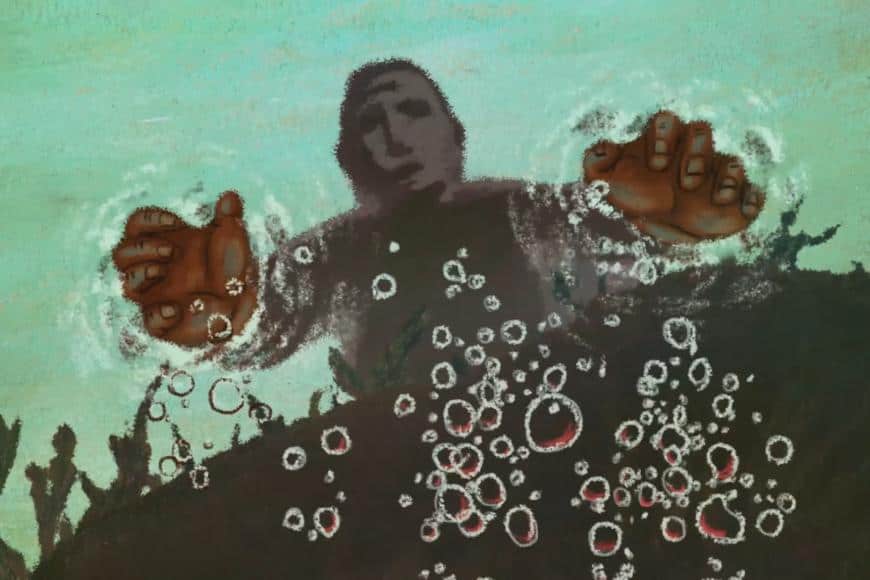I first heard of “Stray” in conjunction with “Kedi,” Ceyda Torun's wildly popular 2017 documentary on the cats of Istanbul. After all, Elizabeth Lo's feature debut sounds like it has a similar premise, only dog-version: it revolves around the story of a few stray dogs roaming the streets of the very same city. (Who knew that there were so many noteworthy animals in one place, anyway?). The two documentaries, however, are entirely different beasts. “Kedi” is quite visibly an urban ode to Torun's hometown; “Stray,” on the other hand, follows its pooch protagonists more closely instead. Though neither film is necessarily narrative-driven, “Stray” maintains a more concentrated focus on its three canines than on the actual city of Istanbul.
In fact, Istanbul serves more as an antagonistic backdrop than an essential character in the story. “Stray” opens with an ominous note: on a black title card, Lo briefly recounts the Turkish government's 20th century attempts to exterminate street dog-kind. This is followed, of course, by endearing footage of innocents: that is, of Zeytin, a tan female; Nazar, her mate; and Kartal (later dubbed Sari), a speckled black-and-white puppy. Though their day lives seem relatively carefree, their nighttimes are fraught with danger. Lo follows them through Istanbul's underbelly, exploring drug dens, refugee back-alleys, and more. In the passing snippets of street conversation, Lo paints for us a loose portrait of a darker, modern-day Turkey that we just do not see in the gushing overtures in “Kedi.”
Lo's ability to capture the city through her canine friends is remarkable, considering the structure of the movie. In the two years of filming – from 2017 to 2019 – Lo remarkably keeps the dogs center-frame for most of the movie; “Stray” is mostly shot from their eye-level, if not directly filmed by a Go-Pro behind their ears. Most of the audio too seems to echo a dog's inability to understand. Other than the persistent violin track, Lo dips in and out of local conversation seemingly at whim. People seem to speak more freely around the dogs, however. When they are not fawning over them (or shooing them away), snippets of politics, marital strife, and homesickness seep through the cracks. Lo's team of hounds thus sometimes feels like an undercover crew, revealing the most of the locale at their lowest moments.
Zeytin's “pack” is still largely neutral however, and so is Lo – and it shows. In the film's final arc, the dogs grow an increasingly intimate relationship with homeless Syrian refugee boys. The dogs cuddle with their new masters, but they are by no means loyal; indeed, Kartal — who was kidnapped from his original master — seems to only be motivated to stay by the meager supply of food. The dogs' deep ambivalence reflects Lo's own attitude as a visitor to the city. After all, at the end of the day, the dogs are strays. No matter who claims ownership over them, they are still free to roam on their own.
This outsider point-of-view allows “Stray” to excel in boiling down the documentary to its subjects. Unlike “Kedi,” the dogs, not their human interlocutors, define the story. Contrary to popular conception, Zeytin et. al are incredibly independent compared to their feline counterparts; the hand of human intervention only comes down in the editing, with the occasional (and somewhat annoying) black-and-white title card with yet another quote by Greek philosopher Diogenes. (We get it, he likes dogs, too.) In this sense, “Stray” maintains true to its documentary format: it is unafraid of recording the truth.
All in all, “Stray” is a better accompaniment for “Kedi” than initially imagined. While “Kedi” gives off a more sugar-coated image of an animal-loving Istanbul, “Stray” unabashedly shows the toughness of living on the streets. However, though the neorealist undertones make “Stray” not exactly a feel-good movie, Lo's film still includes a generous amount of floofer footage. With “Stray” and “Kedi” combined, perhaps we can come to realize a fuller picture of the city of Istanbul — and also see more animals while we're at it.
“Stray” is managed by Magnolia Pictures and Dogwoof Films, and will play in select theaters and on VOD this Friday, March 5.















